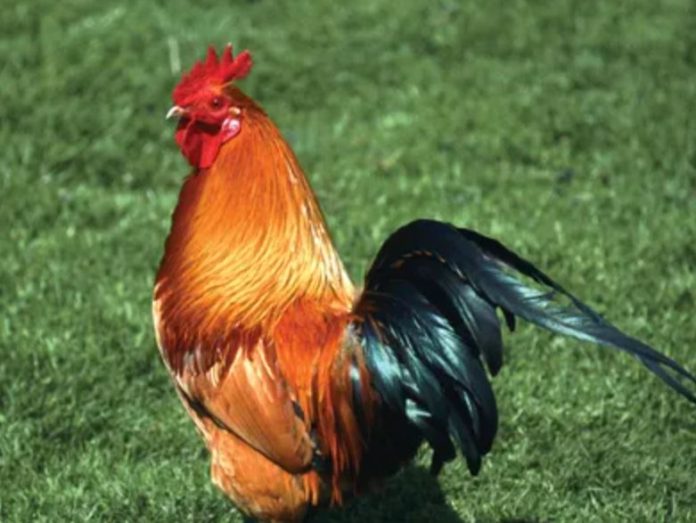Chicken prices in South Africa is set to increase following inflation, rising costs, supply chain disruptions and global economy risk to food security. The Department of Trade, Industry and Competition (DTIC) said it was monitoring prices through the Poultry Masterplan, but food price inflation was currently a global problem.
“We have noted domestically, high feed costs and Avian Influenza outbreaks which are currently rampant within the EU. Poultry continues to be under pressure both domestically and globally. Through the Poultry Masterplan process, National Agricultural Marketing Council continues to monitor the chicken prices including the rise that can be attributed to several factors ranging from input costs.
The DTIC, Department of Agriculture, Land Reform and Rural Development and Industrial Development Corporation have established R1billion fund to support local businesses and farmers, amongst other new expansions in poultry farming and processing. The industry has also invested R1.14 bn and slaughtering capacity increased to 22.5 million birds per week. Food price inflation is currently a global problem,” DTIC spokesperson, Bongani Lukhele said.
Mitigating inflation
To mitigate this inflation, South African Association of Meat Importers and Exporters (AMIE) has called for the removal of trade tariffs on all poultry products, a three-year moratorium on any new tariffs, and supports the removal of VAT on the price of chicken.
Association chief executive Paul Matthew said South Africa’s trade partners accounted for 14.9% of all chicken consumed in the country, and the (import) sector was critical in maintaining a healthy balance between availability and affordability.
“The competition provided by a small import market has a material impact on keeping the price of chicken in check for consumers. South Africa is currently only producing around 80% of the country’s overall poultry demand, and is specifically unable to meet demand in certain cuts, such as chicken wings and leg quarters. Consequently, imports, even at such a low level, are essential and become even more critical when South Africa experiences frequent outbreaks of disease,” said Matthew.








